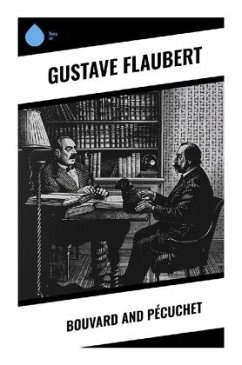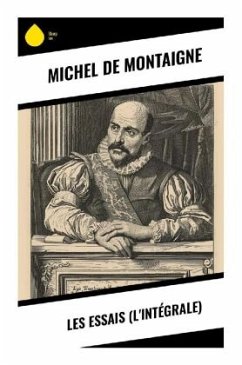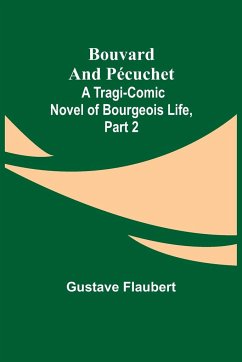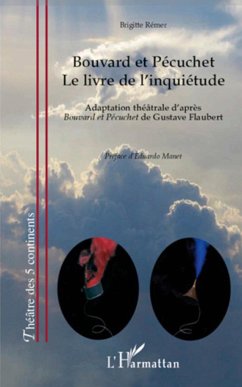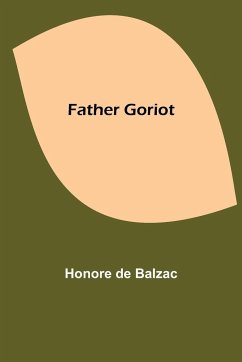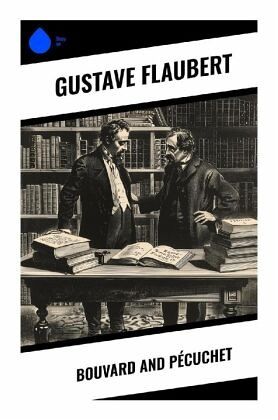
Bouvard and Pécuchet
Versandkostenfrei!
Versandfertig in 6-10 Tagen
12,30 €
inkl. MwSt.

PAYBACK Punkte
0 °P sammeln!
Gustave Flaubert's "Bouvard and Pécuchet" is a satirical exploration of two clerks who, driven by a relentless quest for knowledge, embark on a series of misguided ventures in various fields-ranging from art to science and philosophy. Flaubert employs a meticulous literary style characterized by his infamous precision and an ironic tone, effectively highlighting the absurdity of the characters' futile ambitions. The novel serves as a critique of 19th-century intellectualism, showcasing the limitations and misadventures of the autodidact in a rapidly modernizing France. Through a polyphonic na...
Gustave Flaubert's "Bouvard and Pécuchet" is a satirical exploration of two clerks who, driven by a relentless quest for knowledge, embark on a series of misguided ventures in various fields-ranging from art to science and philosophy. Flaubert employs a meticulous literary style characterized by his infamous precision and an ironic tone, effectively highlighting the absurdity of the characters' futile ambitions. The novel serves as a critique of 19th-century intellectualism, showcasing the limitations and misadventures of the autodidact in a rapidly modernizing France. Through a polyphonic narrative filled with rich thematic textures, Flaubert deftly underscores the disconnection between knowledge acquisition and genuine understanding. Flaubert himself, a pivotal figure in literary realism, was influenced by his disdain for the superficiality of contemporary learning and the chaotic cultural landscape of his time. The novel reflects Flaubert's own struggles as an author trying todelineate the processes of education and enlightenment while critiquing the societal obsession with knowledge that often leads to nonsense rather than wisdom. "Bouvard and Pécuchet" is an essential read for anyone interested in the intersections of satire, education, and the human condition. It offers profound insights into the nature of knowledge and underscores the humorous yet tragic pursuit of self-betterment, making it a timeless reflection on human folly.



